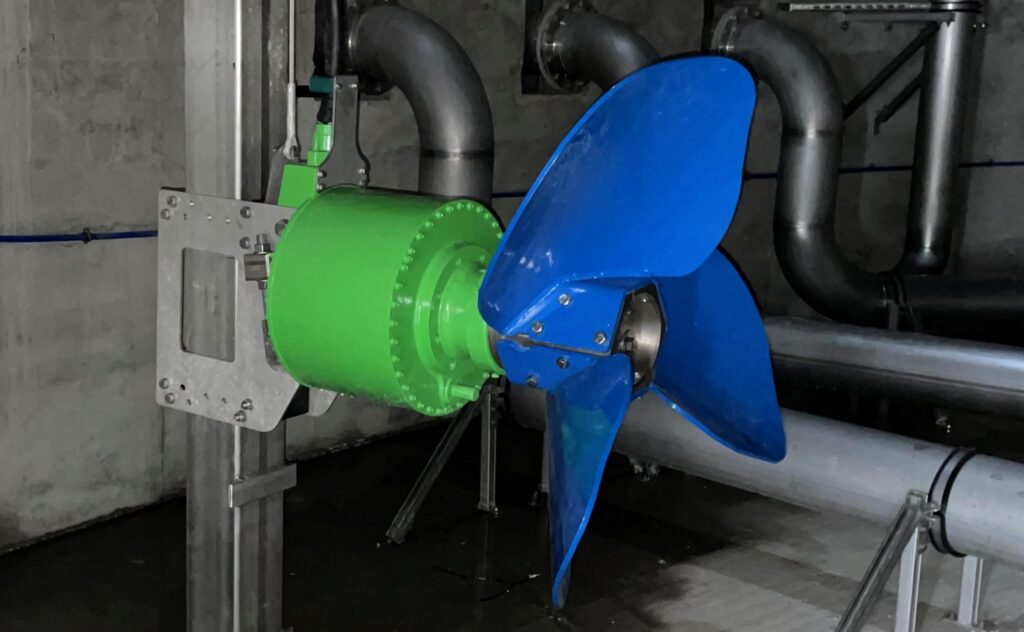Tech Transfer: How Wastewater Plants are Taking Agriculture’s Technologies to Improve Operations
In an era of advancing technology and environmental stewardship, industries are increasingly looking to adopt innovative solutions from other sectors. One notable trend is the transfer of agricultural technologies to wastewater treatment plants, where these innovations are being leveraged to enhance operational efficiency, reduce environmental impact, and improve resource utilization. This tech transfer is paving the way for more sustainable and resilient wastewater management practices. Here’s a closer look at how wastewater plants are embracing agricultural technologies:
1. Anaerobic Digestion:
From Agriculture: Anaerobic digestion has long been used in agriculture to convert organic waste, such as manure and crop residues, into biogas and nutrient-rich digestate.
To Wastewater Treatment: Wastewater treatment plants are adopting anaerobic digestion technology to process organic sludge generated during the treatment process. By harnessing biogas for energy production and producing biosolids for land application, these plants reduce their environmental footprint and offset energy costs.
2. Nutrient Recovery:
From Agriculture: Precision agriculture techniques enable farmers to optimize nutrient use, reduce fertilizer inputs, and minimize nutrient runoff into waterways.
To Wastewater Treatment: Wastewater plants are implementing nutrient recovery technologies to extract phosphorus, nitrogen, and other valuable nutrients from wastewater streams. These recovered nutrients can be recycled for agricultural use or incorporated into fertilizer products, reducing the need for synthetic fertilizers and closing nutrient loops.
3. Water Reuse:
From Agriculture: Irrigation technologies in agriculture focus on efficient water use, such as drip irrigation and soil moisture sensors, to minimize water consumption and maximize crop yield.
To Wastewater Treatment: Wastewater plants are exploring water reuse strategies, treating wastewater to high-quality standards suitable for non-potable applications like landscape irrigation, industrial processes, and groundwater recharge. By recycling water, these plants alleviate pressure on freshwater resources and enhance water resilience in drought-prone regions.
4. Smart Monitoring and Control:
From Agriculture: Precision farming relies on sensors, drones, and data analytics to monitor soil moisture, crop health, and environmental conditions in real-time.
To Wastewater Treatment: Wastewater plants are adopting smart monitoring and control systems to optimize treatment processes, detect operational inefficiencies, and respond to changing conditions. By leveraging data-driven insights, these plants enhance operational reliability, reduce energy consumption, and improve overall performance.
5. Green Infrastructure:
From Agriculture: Agroecological practices, such as cover cropping and riparian buffers, help mitigate nutrient runoff, soil erosion, and water pollution on farms.
To Wastewater Treatment: Wastewater plants are integrating green infrastructure elements, such as constructed wetlands and vegetated swales, into their treatment systems to enhance pollutant removal, reduce energy use, and enhance biodiversity. These nature-based solutions complement traditional treatment methods and provide multiple co-benefits for ecosystems and communities.
Conclusion:
The transfer of agricultural technologies to wastewater treatment plants represents a promising approach to advancing sustainability and efficiency in wastewater management. By adopting innovative solutions from agriculture, such as anaerobic digestion, nutrient recovery, water reuse, smart monitoring, and green infrastructure, wastewater plants can reduce their environmental footprint, enhance resource recovery, and contribute to a more circular and resilient water economy. As technology continues to evolve and interdisciplinary collaborations flourish, the potential for cross-sectoral innovation in wastewater management remains vast, offering new opportunities to address pressing environmental challenges and create a more sustainable future.



